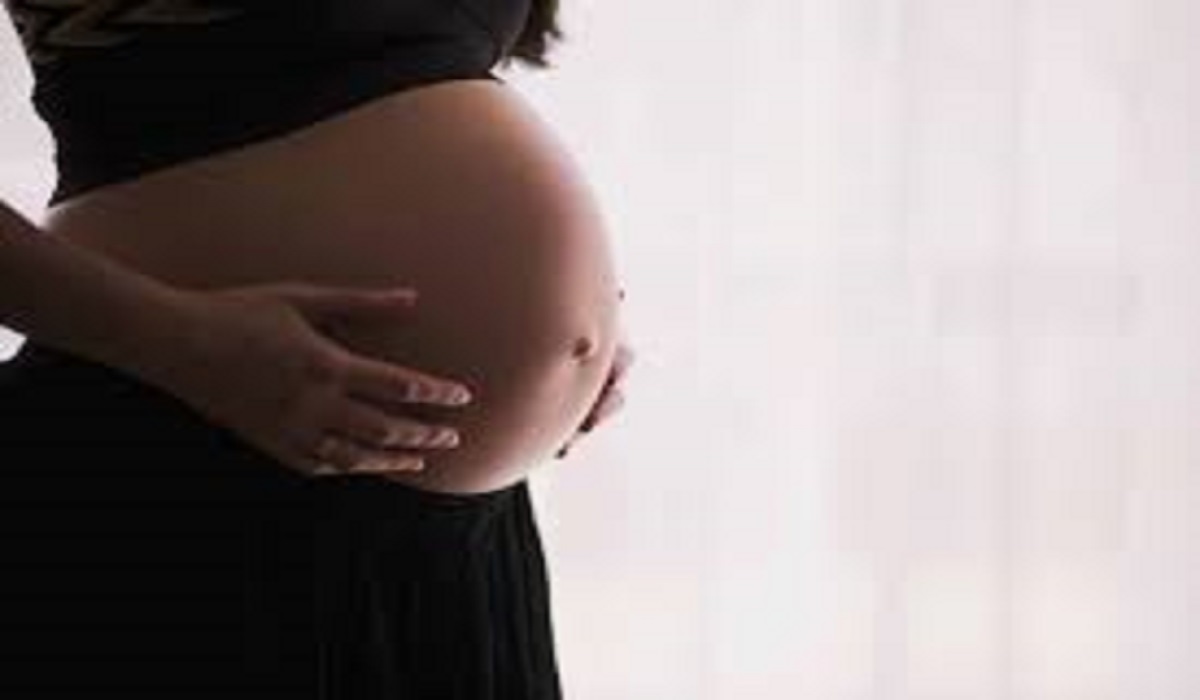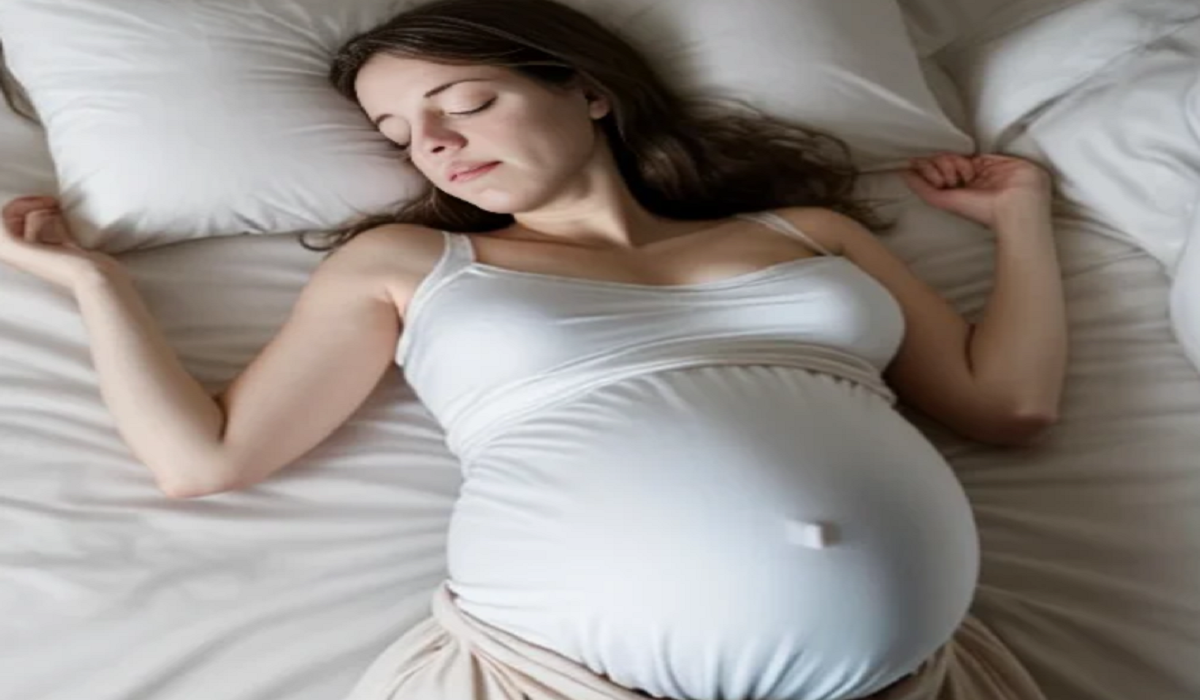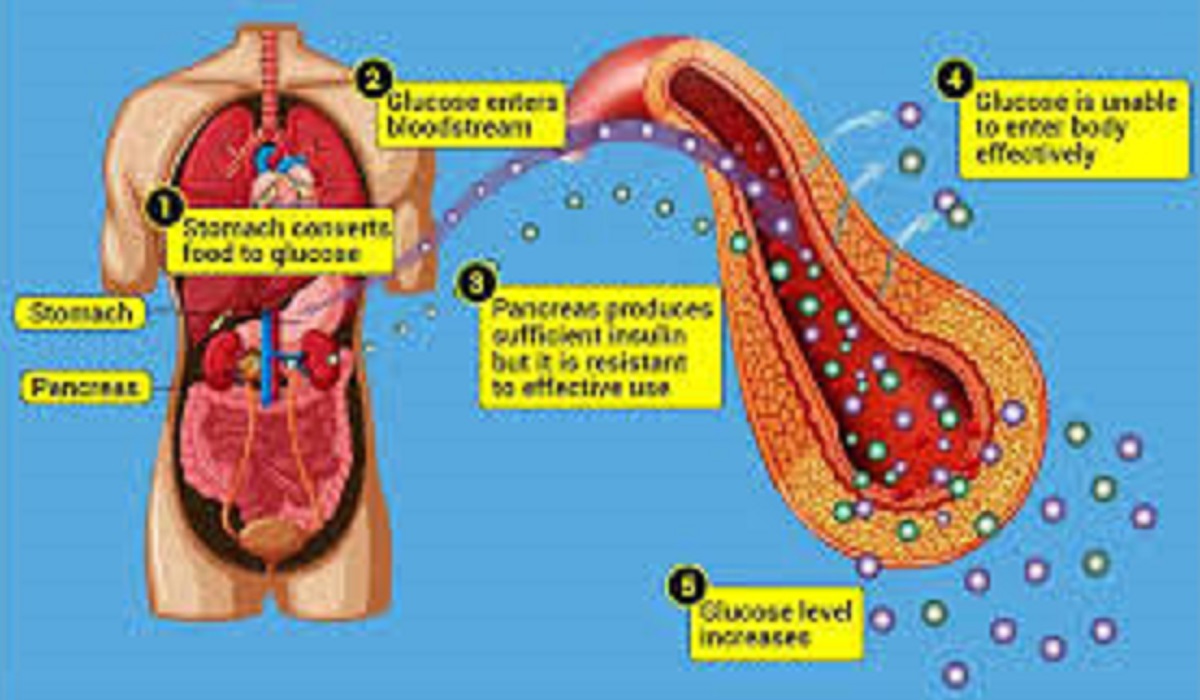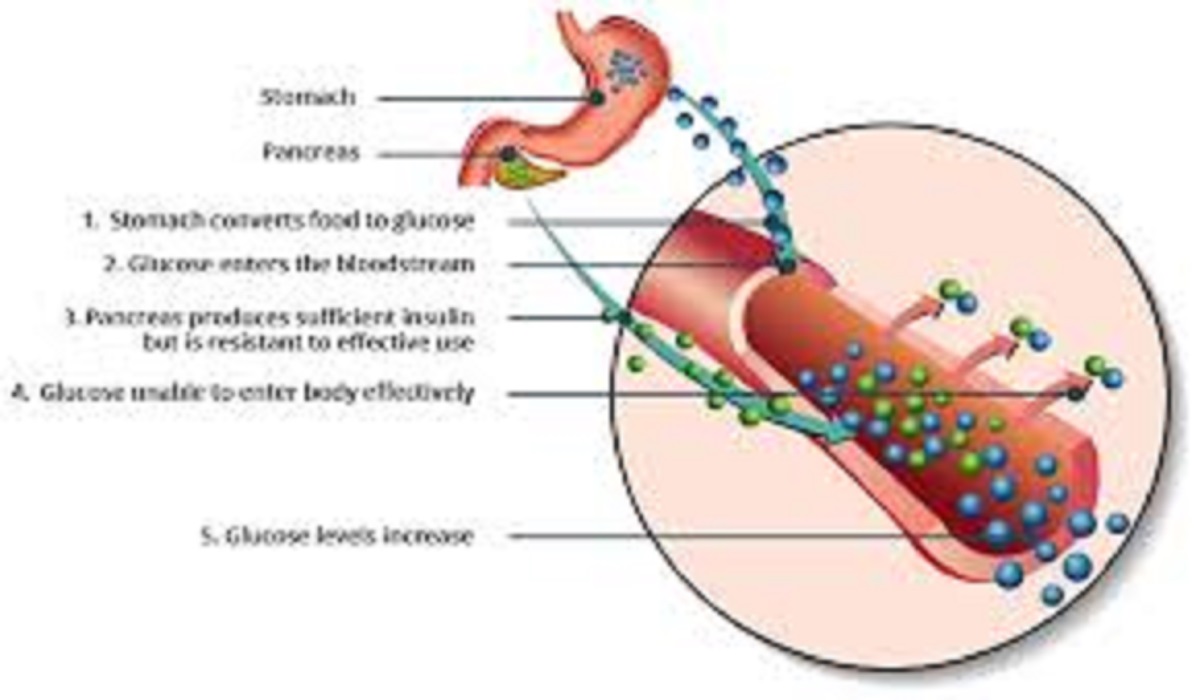Misconceptions About Conception and Pregnancy
Misconceptions About Conception and Pregnancy: Pregnancy and conception are surrounded by countless myths and misconceptions. Despite advances in medical science, many people still believe outdated or incorrect information about fertility, conception, and pregnancy. This article debunks the most common myths and provides evidence-based facts to help you make informed decisions.
Myth: You Can Get Pregnant Anytime During Your Cycle
The Truth About Fertile Window
Many believe that pregnancy can happen at any point in the menstrual cycle. However, conception is only possible during the fertile window, which includes the 5 days before ovulation and the day of ovulation itself.
Sperm Survival and Ovulation Timing
- Sperm can live inside the female reproductive tract for up to 5 days.
- The egg survives for only 12-24 hours after ovulation.
- Tracking ovulation through basal body temperature (BBT), ovulation predictor kits (OPKs), or cervical mucus changes can improve conception chances.
Common Misunderstandings About Cycle Length
- Women with irregular cycles may have unpredictable ovulation.
- The “14-day rule” (ovulation on day 14) is not accurate for everyone.
Myth: Infertility Is Always a Woman’s Problem
Male Factor Infertility Is Common
- About 40-50% of infertility cases involve male factors, such as low sperm count, poor motility, or abnormal morphology.
- Lifestyle factors (smoking, alcohol, obesity) affect male fertility.
Female Factors in Infertility
- Conditions like PCOS, endometriosis, and blocked fallopian tubes can impact fertility.
- Age plays a crucial role—fertility declines after 35 and drops significantly after 40.
Unexplained Infertility
- In 10-30% of cases, no clear cause is found despite testing.
Birth Control Pills Cause Long-Term Infertility
How Hormonal Contraceptives Work?
- Birth control pills prevent ovulation but do not damage fertility long-term.
- Fertility typically returns within 1-3 months after stopping the pill.
Misconceptions About Hormonal IUDs and Implants
- Some believe IUDs cause infertility, but they are reversible—fertility resumes quickly after removal.
Natural vs. Artificial Hormone Myths
- The body naturally regulates hormones post-contraceptive use.
Certain Sex Positions Increase Conception Chances
The “Best” Position for Pregnancy – Fact or Fiction?
- No scientific evidence proves that missionary position is better than others.
- Sperm reach the cervix regardless of position.
The Myth of Lying Down After Sex
- While staying horizontal for 10-15 minutes may help sperm retention, it’s not a major factor.
Stress Alone Causes Infertility
The Link Between Stress and Fertility
- Chronic stress may affect hormones but is rarely the sole cause of infertility.
- Studies show mixed results—some women conceive under high stress, while others struggle despite relaxation.
Managing Stress for Better Reproductive Health
- Techniques like yoga, meditation, and therapy can help but are not a cure-all.
You Can’t Get Pregnant While Breastfeeding
Lactational Amenorrhea Method (LAM) – How It Works
- Exclusive breastfeeding can delay ovulation, but it’s not 100% effective.
- Fertility returns as feeding frequency decreases.
When to Use Contraception Postpartum
- Ovulation can occur before the first postpartum period.
- Barrier methods or progestin-only pills are safe during breastfeeding.
Diet and Supplements Guarantee Pregnancy
The Role of Nutrition in Fertility
- A balanced diet (rich in folate, zinc, omega-3s) supports fertility but doesn’t guarantee conception.
- Obesity and extreme weight loss can disrupt ovulation.
Popular Fertility Supplements – Do They Work?
- Folic acid prevents neural tube defects but doesn’t boost fertility directly.
- CoQ10, vitamin D, and myo-inositol may help in specific cases (like PCOS).
IVF Is the Only Solution for Infertility
Other Fertility Treatments Available
- Clomid or Letrozole (ovulation induction)
- IUI (Intrauterine Insemination)
- Laparoscopic surgery (for endometriosis/blocked tubes)
When IVF Is Necessary
- Severe male infertility, tubal blockages, or advanced maternal age may require IVF.
Myth: Pregnancy Symptoms Start Immediately After Conception
Early Signs Timeline
- Implantation occurs 6-12 days post-conception.
- Symptoms (nausea, fatigue) usually appear after a missed period.
Phantom Pregnancy (False Symptoms)
- Stress or hormonal fluctuations can mimic pregnancy signs.
Older Women Can’t Have Healthy Pregnancies
Risks vs. Reality
- While risks (miscarriage, chromosomal abnormalities) increase with age, many women over 35 have healthy pregnancies.
- Prenatal testing (NIPT, amniocentesis) helps monitor fetal health.
Success Stories and Medical Advances
- Egg freezing, donor eggs, and improved IVF success rates help older mothers.
FAQs
1. Can you get pregnant from pre-ejaculate?
Yes, pre-cum can contain sperm, though the risk is lower than ejaculation.
2. Does having multiple miscarriages mean you’re infertile?
Not necessarily—recurrent pregnancy loss has various causes (genetic, hormonal, anatomical).
3. Can tight underwear really reduce male fertility?
Possibly—excessive heat from tight clothing may affect sperm production.
4. Is it true that you’re most fertile right after stopping birth control?
No—while some women conceive quickly, others take months for cycles to normalize.
Conclusion
Understanding the facts about conception and pregnancy can help you navigate your fertility journey with confidence. Always consult a healthcare provider for personalized advice.




